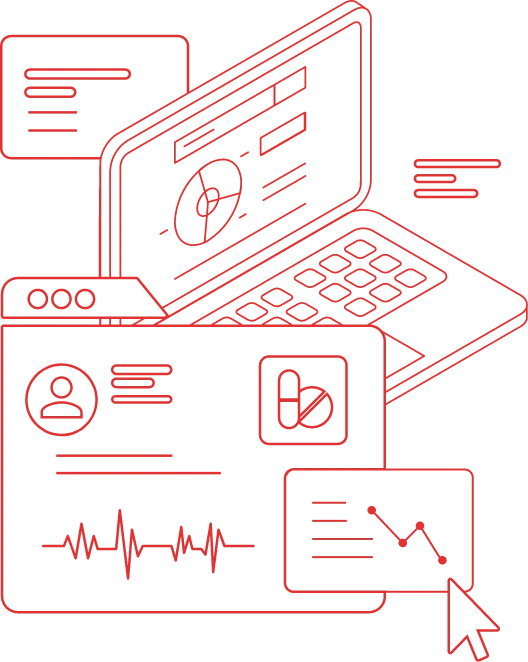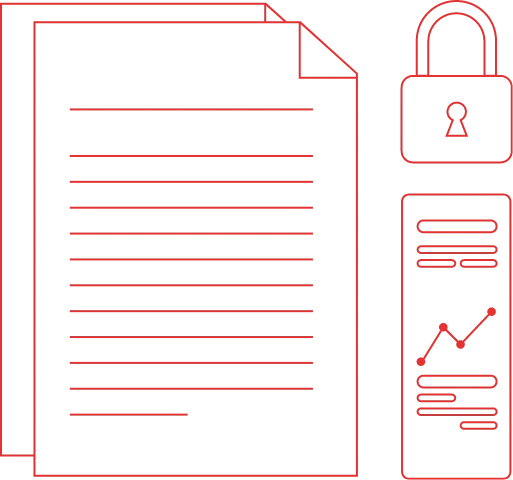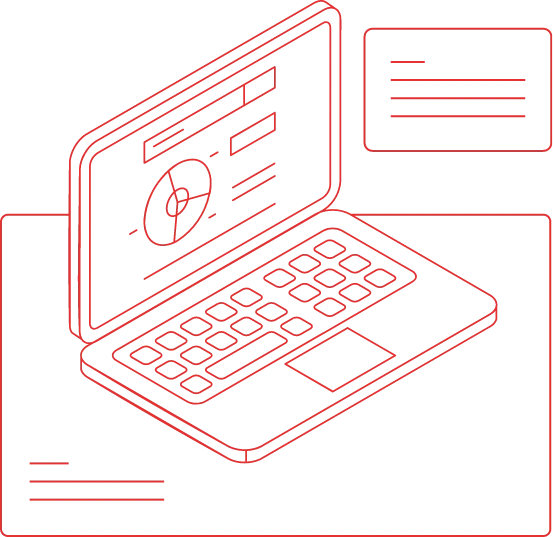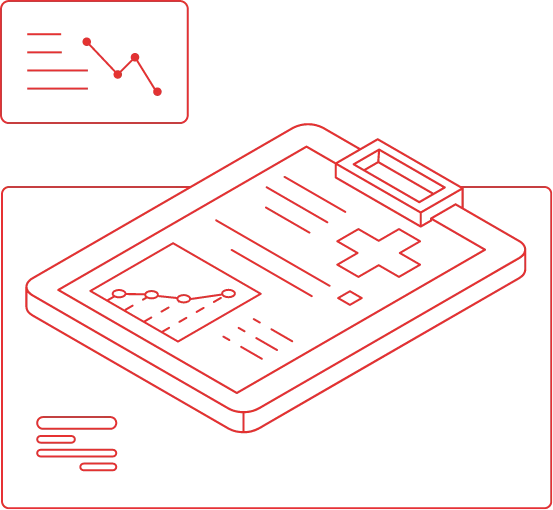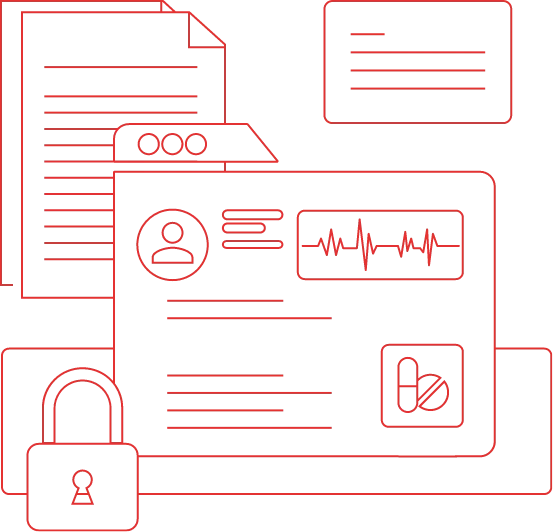About Us
We help organizations break through what’s holding them back, align around what matters most, and make real progress possible, no matter how complicated the path.
Solving complex IT challenges takes more than technical know-how, it takes a partner who sees the whole picture and knows how to move with purpose.
Common Problems
71% of CIOs report difficulty finding IT staff with the right skills, and 62% say their current team lacks the capacity to deliver strategic IT initiatives.
- Revature 2024 Survey71 %
95% of organizations suffered unexpected outages, with an average duration of 117 minutes per incident. These outages often stem from reliance on outdated legacy systems.
- Veeam’s 2020 Data Protection Trends Report95 %
69% of U.S. digital leaders reported being unable to keep up with the pace of change because of a lack of the necessary talent.
- 2021 Harvey Nash Group Digital Leadership Report69 %
77% of organizations report being impacted by the IT skills gap, with 84% of decision-makers expressing concern about finding tech talent in 2025.
- Revature, State of IT Skills Survey 202577 %
52% of technology leaders believe there is a skills gap within their department, highlighting the need for comprehensive IT assessments to identify and address these deficiencies.
- Robert Half, Building Future-Forward Tech Teams 202452 %
60% of IT firms report seeing a positive ROI from remote onboarding programs, indicating that strategic investments in IT can yield measurable returns.
- Gitnux, HR in the IT Industry Statistics 202560 %
Capabilities
Driving businesses forward with Smarter, more agile Solutions
We help organizations move faster, smarter, and with greater confidence. From strategy to execution, our solutions are built to scale with you.
Capabilities



































